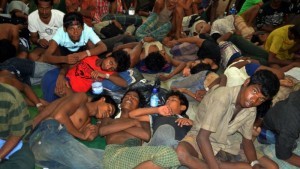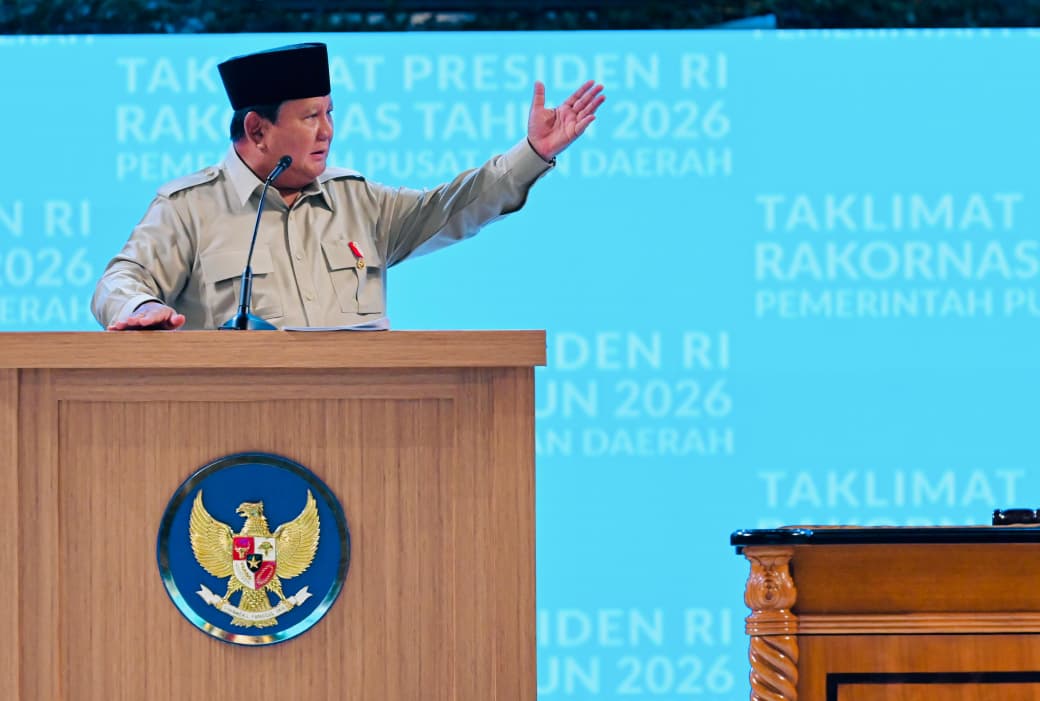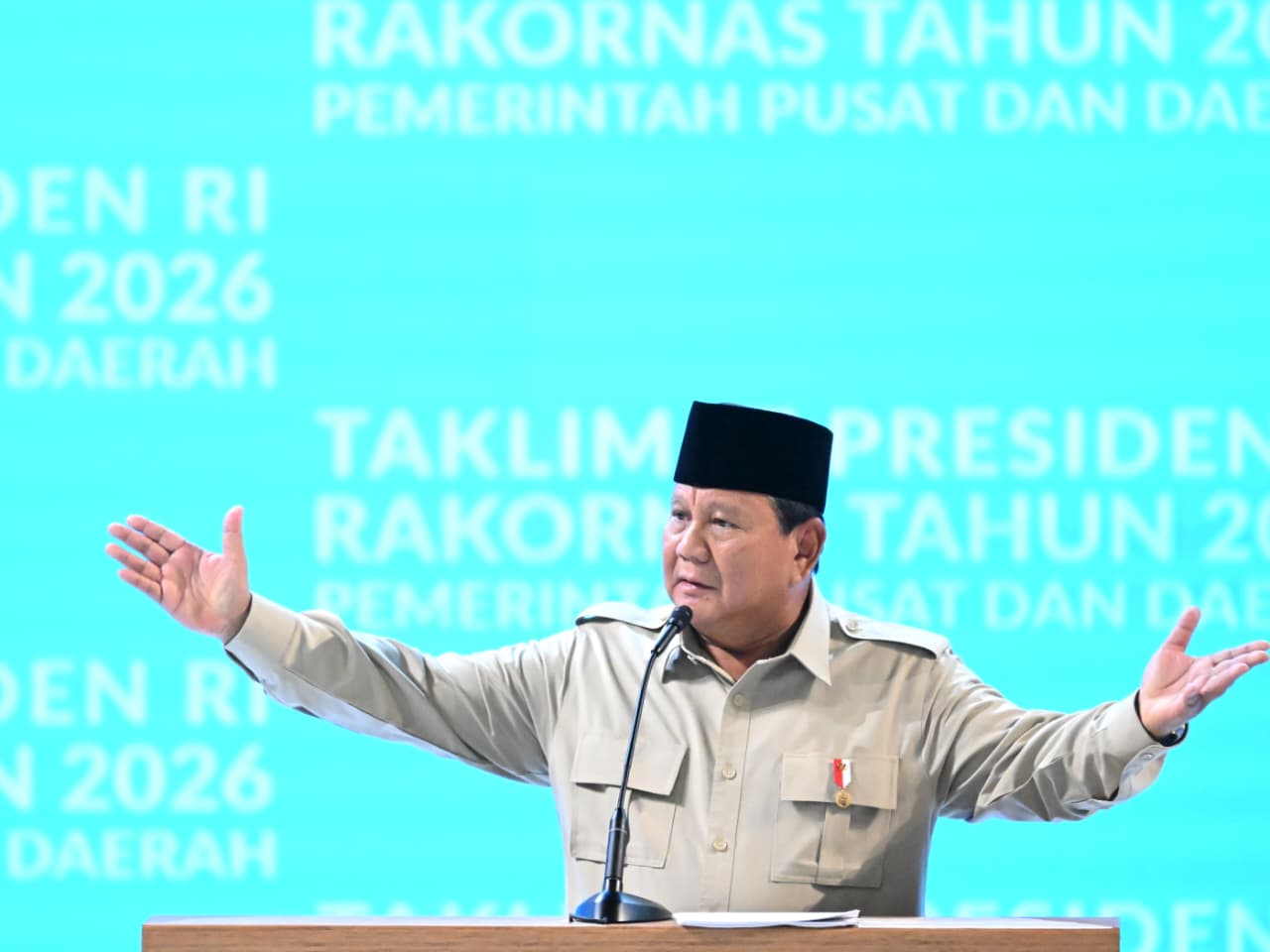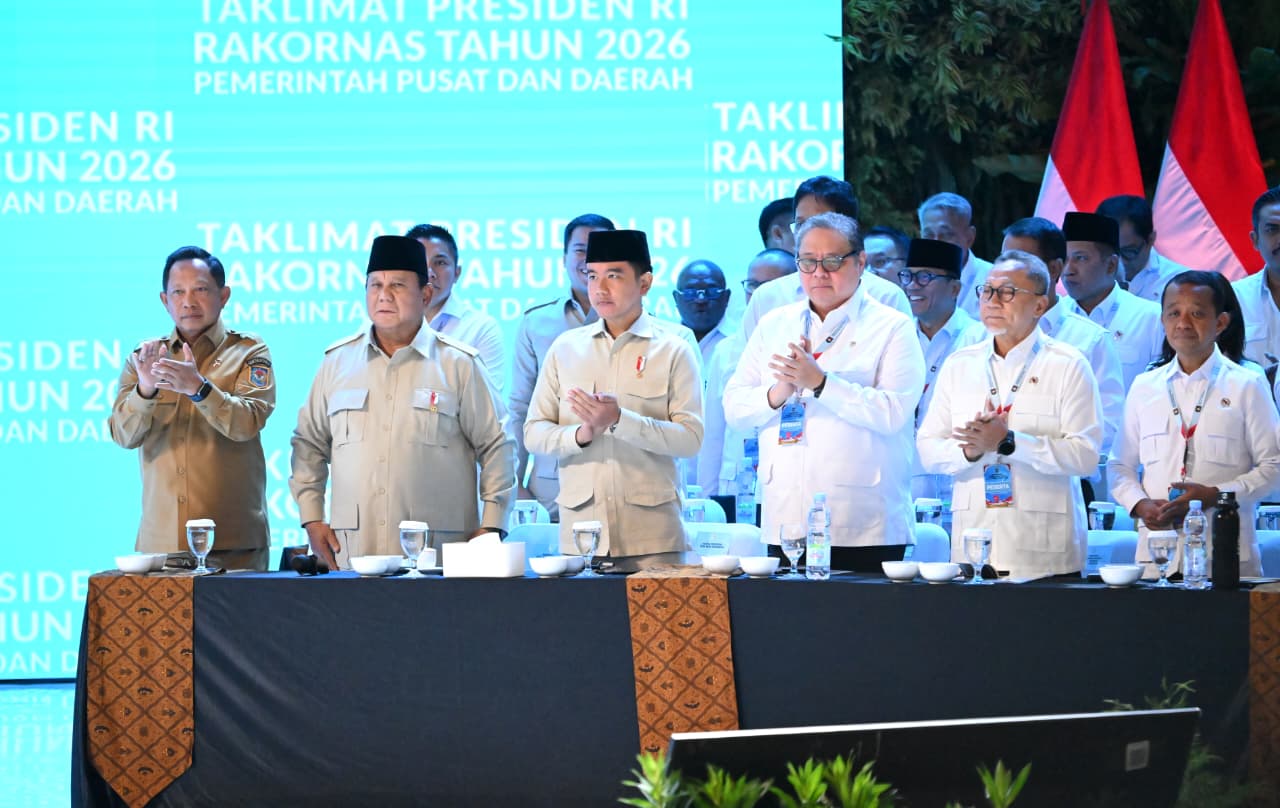President Jokowi Signs Presidential Regulation on Handling of Refugees from Abroad
With consideration to implement the provisions of Article 27 paragraph (2) of Law Number 37 of 1999 on Foreign Relations, President Joko Jokowi Widodo on 31 December 2016 signed a Presidential Regulation (Perpres) No. 125 of 2016 on Handling of Refugees from Abroad.
Under the Perpres, the handling of refugees is carried out based on cooperation between the Central Government and the United Nations through the High Commissioner for Refugees in Indonesia and/or international organization overseeing migration issues or humanitarian which has an agreement with the Central Government. “The handling of refugees respects the generally accepted international regulations and in accordance with the provisions of the laws and regulations,” Article 3 of the Perpres states.
Under the Perpres, the handling of refugees is coordinated by the Minister (which deals with political, legal, and security affairs). The coordination is in the formulation of policies including: a. Discovery; b. Shelter; c. Security; and d. Immigration Supervision.
The discovery of refugees in emergencies in the territorial waters of Indonesia, according to this Perpres, is coordinated and performed by institutions that deal with the Search and Rescue. “Institutions that deal with the Search and Rescue conduct the Search and Rescue operations towards boats suspected of containing refugees who make emergency calls,” Article 6 states.
The Search and Rescue operation as intended, according to the Perpres, can involve the relevant agencies, including: a. The Indonesian National Defence Forces (TNI); b. The Indonesian National Police (Polri); c. Ministry which deals with Government affairs in the field of transportation; d. Institutions which deals with Government affairs in the field of maritime security and safety or Maritime Security Agency; or e. Ministry/ other relevant Non-Ministerial Government institutions in charge of performing task in the territorial waters of Indonesia.
The relevant institutions as intended and the people who discovered the refugees in emergencies, according to this Perpres, are in coordination with institutions which deals with the Search and Rescue.
Refugees discovered in a state of emergency, according to the Perpres, are to be immediately given response in the form of: a. Transferring the refugees into a safe ship should the ship would sink; b. Sending the refugees to the nearest port or mainland if the safety aspect of the refugees lives is imperiled; c. Identifying the refugees who require emergency medical assistance; d. Transferring a stranger who is allegedly a refugee to the Immigration Detention Center at the nearest port or the mainland.
“In the event there is no Immigration Detention Center at the nearest port or the mainland as intended, the refugees are transferred to the local Immigration Office in the region. In the event there is no Immigration Detention Center nor Immigration Office at the nearest port or the mainland as intended, the refugees are transferred to the local Police Office,” Articles 10 and 11 state.
Then, the Officers at the Center collect data through a checking of: a. travel documents; b. immigration status; and c. identity. “In the event the examination results as intended found foreigners who declare themselves as refugees, the Officers of the Center coordinate with the United Nations through the Office of the High Commissioner for Refugees in Indonesia,” Article 13 paragraph (3) states.
“Further provisions concerning the procedures of the discovery of refugees in case of emergency in the territorial waters of Indonesia are regulated by the Regulation of Head of the institution which deals with the Search and Rescue after coordinating with the Minister (Coordinating Minister for Political, Legal, and Security Affairs-red),” Article 17 states.
The Perpres underlines that the Center is in coordination with local governments in the regency/city to bring and put refugees from the place they are found to the shelters. In the event the shelter is not available yet, refugees can be placed in a temporary accommodation, which is designated by the Regent/Mayor.
The local governments in the regent/city, according to the Perpres, designates a shelter for the refugees, which must meet the following criteria: a. close to health care and prayer facilities; b. located at one area of the regent/city with the Center; and c. supporting security conditions.
Meanwhile, for those with special needs, according to the Perpres, they can be placed outside the shelter, which are facilitated by international organizations in the field of migration affairs after obtaining permission from the Minister which deals with law and human rights through the work unit that handles immigration matters. “Refugees with special needs as intended cover refugees who are: a. sick; b. pregnant; c. persons with disabilities; d. child; and e. elderly,” Article 27 paragraph (3) states.
The Perpres also emphasizes that refugees can be relocated from one shelter to another with the aim of family reunification, treatment to the hospital, and placement in the third country.
Under the Perpres, asylum seekers whose application for refugee status was rejected and rejected in a final decision by the United Nations through the High Commissioner for Refugees in Indonesia was placed in the Center for Voluntary Repatriation or deportation process in accordance with the laws and regulations.
Security
Under the Perpres, the security for refugees at the time they are discovered is carried out by the Polri. Government institutions and local communities who discover refugees conduct necessary security and coordinate with or report to the Polri.
Meanwhile, the Officers of the Center conduct immigration supervision towards the refugees. “Supervision of immigration towards refugees as intended is carried out when they are discovered, in the shelter and outside the shelter, dispatched to the country of destination, the Voluntary Repatriation and deportation,” Article 33 paragraph (2) states.
The Perpres also emphasizes that refugees are obliged to report themselves every month to the local Head of the Center to obtain a stamp on a special identification card while in the shelter. “Refugees who do not report themselves for 3 (three) times in a row without an acceptable reason will be placed in the Center,” Article 36 paragraph (2) states.
Under the Perpres, the funding required for the handling of refugees is from: a. State Budget (APBN) through the relevant Ministries/institutions; and/or b. other sources which are legitimate and not binding in accordance with the provisions of the laws and regulations. “This Presidential Regulation shall apply as of the date of its enactment,” Article 45 of Presidential Regulation Number 125 of 2016 states, promulgated by Minister of Law and Human Rights on 31 December 2016. (Media Centre/ES) (MUR/YM/Naster).









